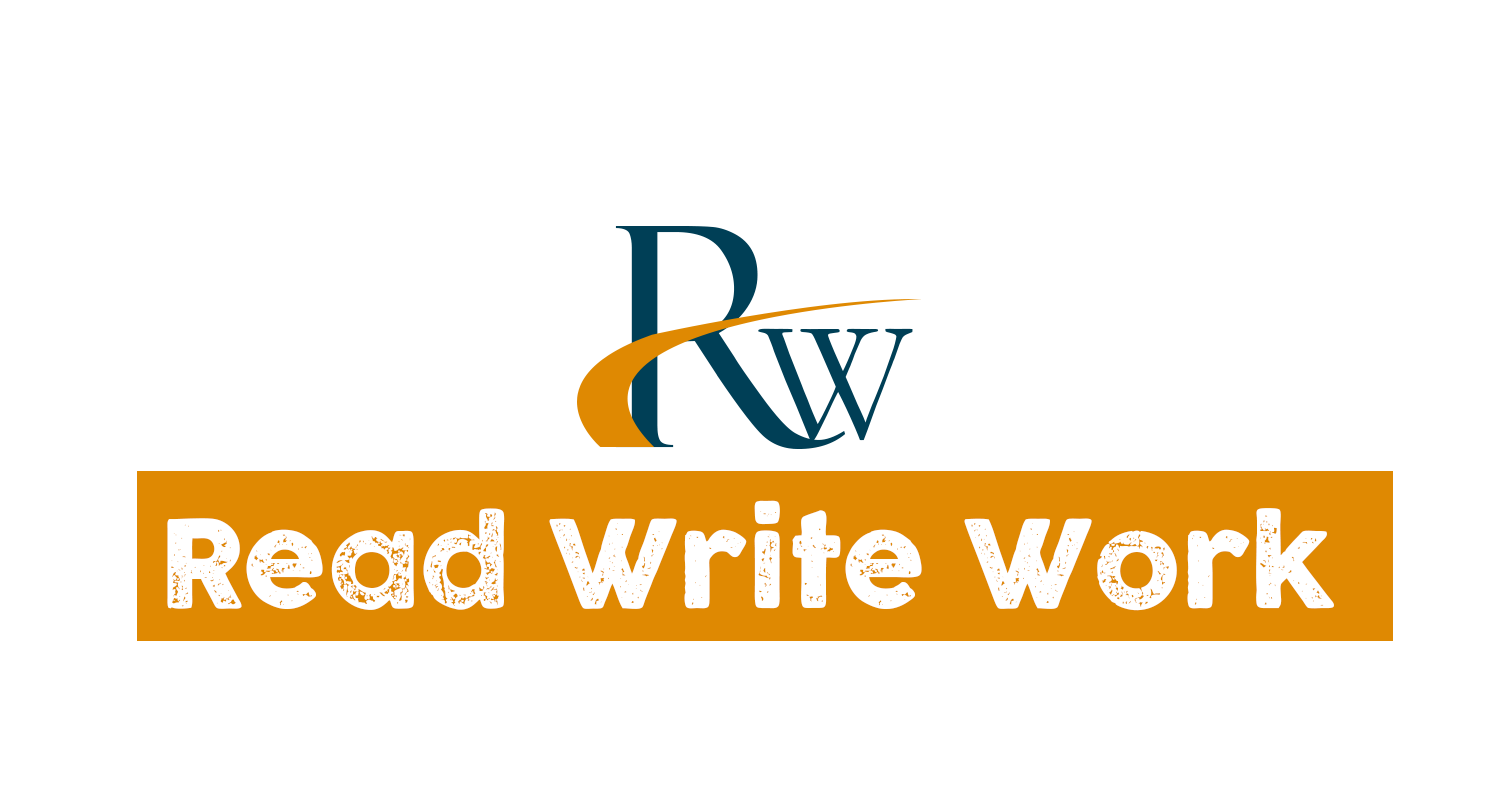In today’s fast-paced professional world, effective communication skills are more crucial than ever. They not only enhance personal and professional relationships but also open doors to numerous opportunities. Whether you’re looking to excel in your current role, aiming for a promotion, or transitioning into a new career, mastering communication can significantly impact your success.
- The Importance of Effective Communication Skills
Effective communication skills form the backbone of any successful professional career. They enable you to convey your ideas clearly, collaborate with colleagues, and resolve conflicts efficiently. In essence, good communication fosters a positive work environment and promotes teamwork, which are vital for achieving organizational goals.
- Attending a Communication Skills Workshop
One of the most effective ways to improve your communication skills is by attending a workshop or two. These workshops are designed to provide hands-on experience and practical tips on how to communicate effectively in various professional settings. Workshops typically cover topics such as active listening, non-verbal communication, public speaking, and persuasive techniques. By participating in these interactive sessions, you can gain valuable insights and practice your skills in a supportive environment.
- Learning from a Communication Coaches
Another excellent resource for developing communication skills learning from communication coaches. These professionals are experts in the field of communication and often share their knowledge through seminars, lectures, blogs, speeches – you name it! Listening to and learning from a communication speaker can inspire you to improve your skills and provide you with actionable strategies to implement in your daily professional interactions.
- Enhancing Active Listening
Active listening is a fundamental aspect of effective communication. It involves fully concentrating, understanding, responding, and remembering what is being said. To enhance your active listening skills, make a conscious effort to maintain eye contact, avoid interrupting the speaker, and provide feedback by summarizing or asking clarifying questions. Practicing active listening can help you build stronger relationships with your colleagues and clients, leading to more productive collaborations.
- Mastering Non-Verbal Communication
Non-verbal communication, including body language, facial expressions, and gestures, plays a significant role in conveying messages. Mastering non-verbal communication can enhance your ability to express yourself and interpret others’ emotions accurately. Pay attention to your posture, maintain open body language, and be mindful of your facial expressions to ensure they align with your verbal messages. Understanding non-verbal cues can also help you gauge the reactions and feelings of others, making your interactions more effective.
- Improving Public Speaking Skills
Public speaking is an essential skill for many professionals, whether you are presenting in meetings, speaking at conferences, or delivering a pitch. Improving your public speaking skills involves practicing regularly, organizing your thoughts clearly, and engaging your audience. Consider joining a public speaking club or taking a course to refine your skills. By becoming a confident speaker, you can effectively convey your ideas and inspire others.
- Developing Persuasive Communication
Persuasive communication is the ability to influence others and motivate them to take action. It is a crucial skill for leaders, sales professionals, and anyone looking to advance their career. To develop persuasive communication, focus on understanding your audience, presenting compelling arguments, and using emotional appeals. Building credibility and establishing trust are also vital components of persuasive communication.
- Utilizing Technology for Communication
In today’s digital age, technology plays a significant role in communication. Utilizing various tools and platforms can enhance your ability to connect with others effectively. Email, instant messaging, video conferencing, and social media are just a few examples of how technology can facilitate communication. Ensure that you use these tools appropriately and professionally to maintain clear and efficient communication.
- Seeking Feedback and Continuous Improvement
Continuous improvement is essential for developing effective communication skills. Seek feedback from colleagues, mentors, and supervisors to identify areas for improvement. Be open to constructive criticism and use it as an opportunity to grow. Regularly assess your communication skills and set goals for enhancement. By continuously working on your skills, you can ensure ongoing professional success.
Developing effective communication skills is a journey that requires dedication and practice. By attending a workshop and learning from a various speakers, you can gain valuable knowledge and insights to enhance your abilities. Focus on improving active listening, mastering non-verbal communication, and developing public speaking and persuasive skills. Utilize technology to facilitate communication and seek feedback for continuous improvement. By investing in your communication skills, you can pave the way for professional success and create a positive impact in your workplace. For more information and resources on developing effective communication skills, visit ShivRad.com/SpeakerStreet.






